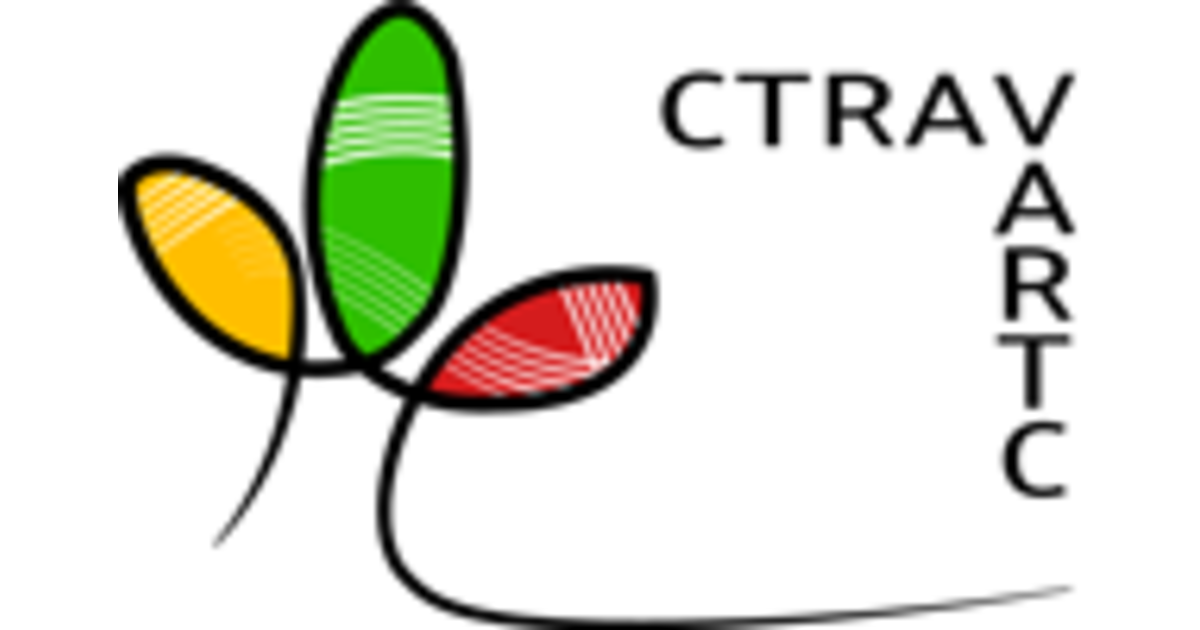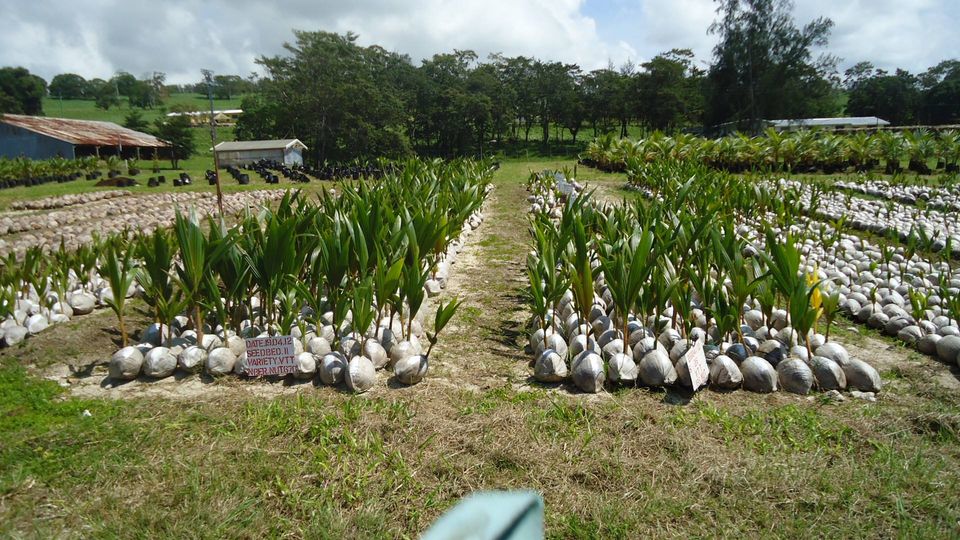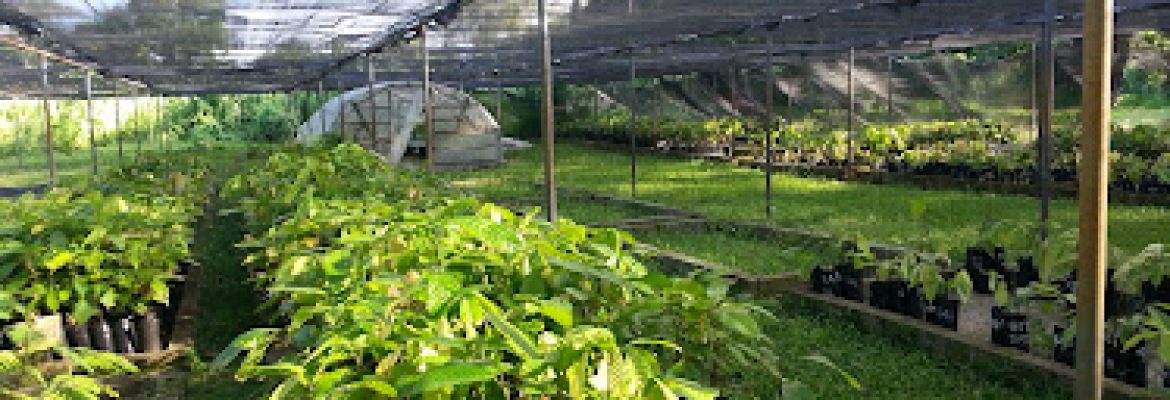Vanuatu Agricultural Research and Technical Centre (VARTC)
Brief History
Vanuatu Agricultural Research and Technical Centre (VARTC) is the national research centre for coconut, coffee, cocoa and livestock in Vanuatu. More recently root/tuber crops, nuts and breadfruit have been added to the research programme. VARTC contributes to the economic development of Vanuatu by selling improved plant materials and cattle, providing training in agriculture and breeding, and providing scientific and technical information.
HISTORY
1962 – A coconut research station is established in the locality of Sarautu, Santo Island in the New Hebrides Condominium. It is managed by a French research organization, the Research Institute for Oils and Oilseeds (IRHO). The first research works involve coconut breeding and agronomy, along with the improvement of livestock grazing under coconut.
1980 – Proclamation of Independence. The New Hebrides become the Republic of Vanuatu. 1982 – A research unit on coffee and cocoa is created in the locality of Valeteruru under the management of the Institut de Recherches du Café et du Cacao (IRCC).
1984 – Both institutes are merged into the Center for International Cooperation in Agricultural Research for Development (CIRAD), a French public research organization. 1994 – The center becomes a national research organization under the management mandate of CIRAD. It is called Vanuatu Agricultural Research and Training Center (VARTC).
1998 – Traditional staple crops (taro, yam, sweet potato, cassava) and kava are introduced in the research mandate of the center.
1st January 2003 – After the termination of CIRAD mandate, the Parliament passes a new law ( The Vanuatu Agricultural Research and Technical Center Act [CAP 286] ) for the establishment of the Vanuatu Agricultural Research and Technical Centre. The management is entrusted to a Chief Executive Officer assisted by a Board and a Scientific Advisory Council.
HISTORY
1962 – A coconut research station is established in the locality of Sarautu, Santo Island in the New Hebrides Condominium. It is managed by a French research organization, the Research Institute for Oils and Oilseeds (IRHO). The first research works involve coconut breeding and agronomy, along with the improvement of livestock grazing under coconut.
1980 – Proclamation of Independence. The New Hebrides become the Republic of Vanuatu. 1982 – A research unit on coffee and cocoa is created in the locality of Valeteruru under the management of the Institut de Recherches du Café et du Cacao (IRCC).
1984 – Both institutes are merged into the Center for International Cooperation in Agricultural Research for Development (CIRAD), a French public research organization. 1994 – The center becomes a national research organization under the management mandate of CIRAD. It is called Vanuatu Agricultural Research and Training Center (VARTC).
1998 – Traditional staple crops (taro, yam, sweet potato, cassava) and kava are introduced in the research mandate of the center.
1st January 2003 – After the termination of CIRAD mandate, the Parliament passes a new law ( The Vanuatu Agricultural Research and Technical Center Act [CAP 286] ) for the establishment of the Vanuatu Agricultural Research and Technical Centre. The management is entrusted to a Chief Executive Officer assisted by a Board and a Scientific Advisory Council.



